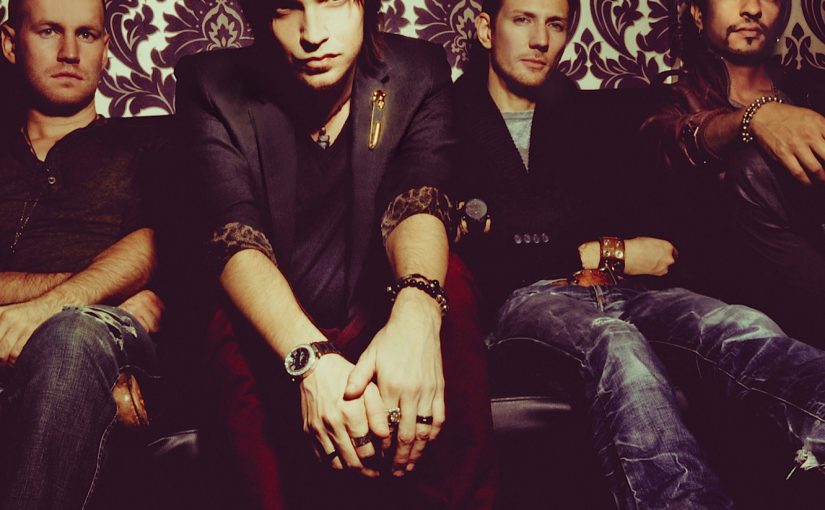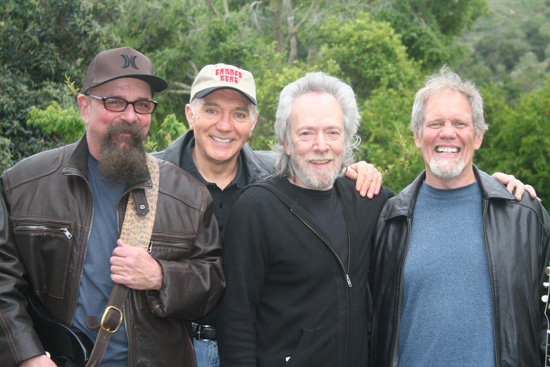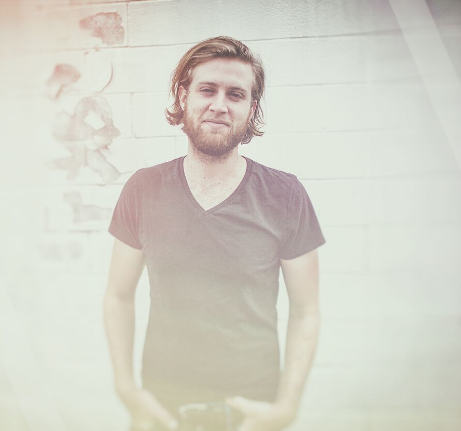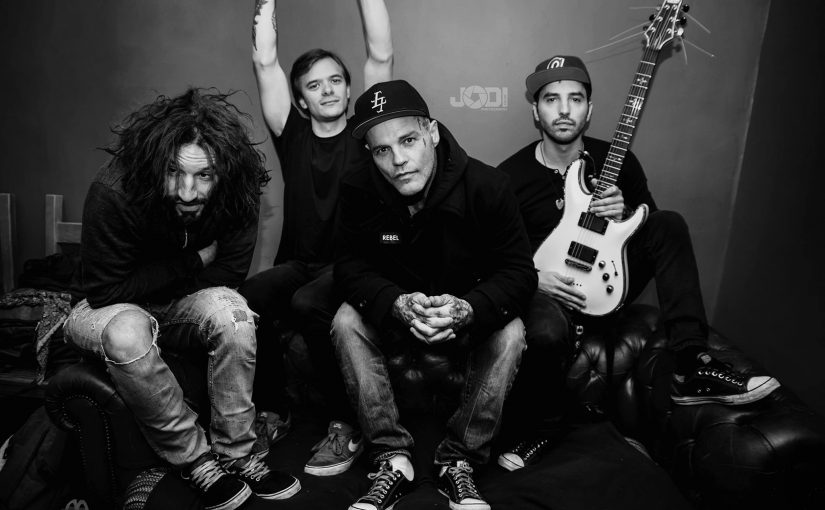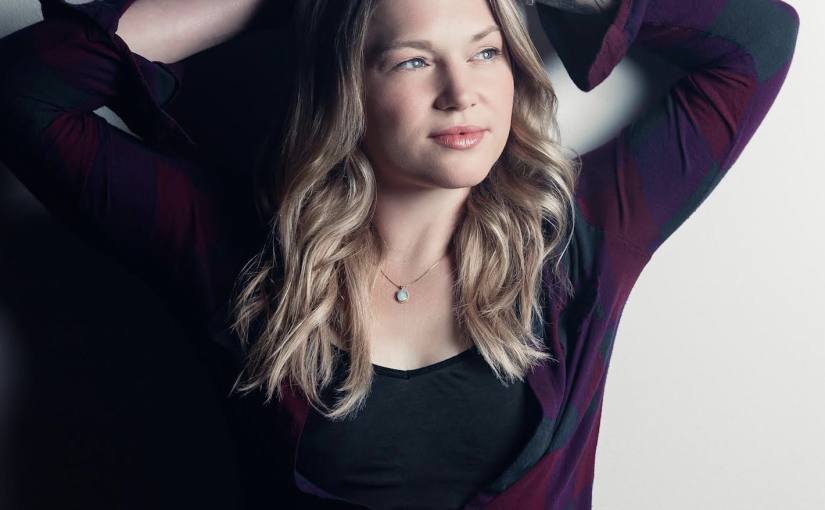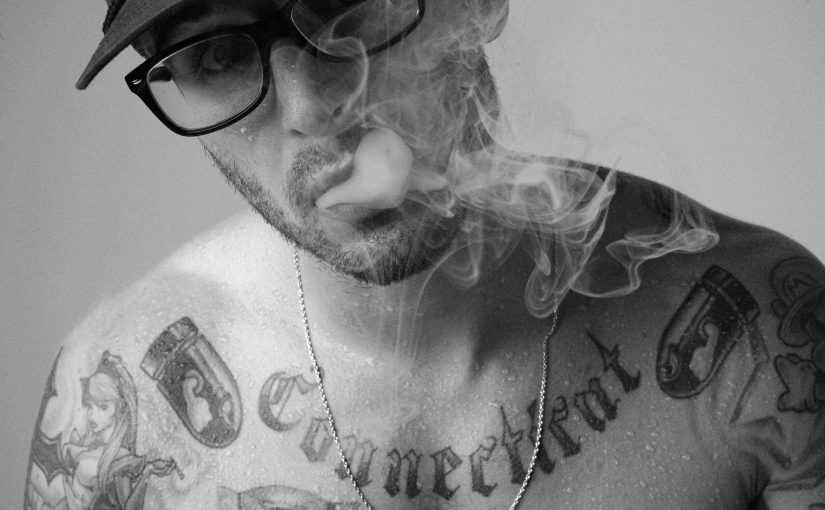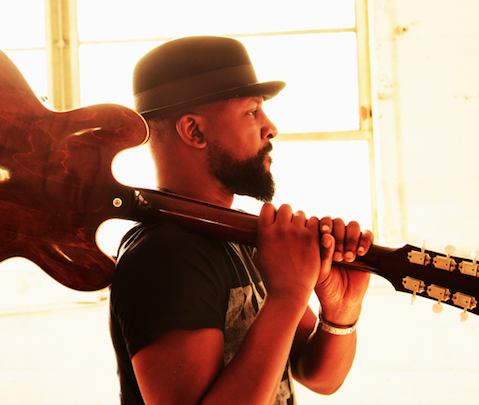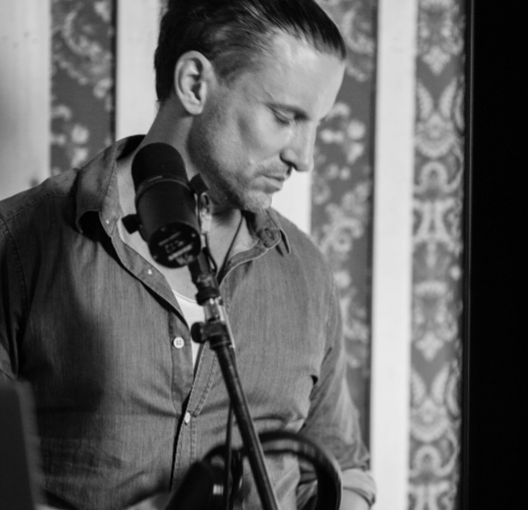In 1992, dada exploded on the scene with their critically acclaimed debut release, Puzzle (#2 Billboard’s Heatseeker Chart) on Miles Copeland’s now defunct, I.R.S. Records. The single “Dizz Knee Land”, (#5 on Billboard Modern Rock Tracks chart), set the alternative radio movement – just then hitting it’s stride – on fire, and quickly migrated to mainstream rock and pop stations. Mark Brown of The Rocky Mountain News recently wrote, dada “burst onto the national scene with the single ‘ Dizz Knee Land’ in 1992 and followed it up with a solid series of albums and a strong following…” The third single “Dim”, (#24 on Billboard Modern Rock Tracks chart), further solidified dada’s reputation as a band to watch. Puzzle sold over a half million copies and made a number of critics “best of year” lists. Sixteen months of constant touring followed, both as headliners on the club circuit and as openers for Sting, Izzy Stradlin & the Ju Ju Hounds and Material Issue (USA), Crowded House (UK), and Depeche Mode (Portugal). September 1994 saw the release American Highway Flower (#5 Billboard’s Heatseeker Chart) — which had a harder feel, both musically and lyrically, than it’s predecessor reflecting the band’s evolution from a studio to a touring band. The single, “All I Am,” spent 8 weeks on Billboard’s Modern Rock Tracks Chart. Money problems at I.R.S. cut short promotional efforts in February 1995. Dada fared no better with their third release, El Subliminoso in April 1996. I.R.S. Records was on its last legs by this time, and folded just as the band was winding up the first leg of the tour. The exquisite , El Subliminoso was perhaps the group’s most artistically complex and satisfying offering.
The band signed to MCA Records in 1997, and released their self-titled fourth CD, Dada (#32 Billboard’s Heatseeker Chart), and completed an abbreviated tour of New England and the Mid-West with many shows selling out. This CD received favorable reviews, as did a 33-city headlining US tour. As dada was in mid-tour to promote the album however, MCA’s parent company was sold, leading to wholesale roster changes at the label. A final appearance before 14,000 fans at Norfolk, Virginia’s Harbor Fest on June 5, 1999 marked the band’s last live performance as a group—for the time being.
From June 1999 until March 2003, dada was on a self-imposed hiatus. During this time, Michael Gurley and Phil Leavitt went on to form the critically acclaimed Butterfly Jones— and released Napalm Springs (Vanguard Records), Leavitt performed regularly with The Blue Man Group and Joie Calio began working as an A&R scout for MCA, wrote a book & recorded and released his solo debut CD, The Complications of Glitter (Blue Cave/thumbsucka Records). Three lives evolved, and four years passed. Although dada, as a group, was not out touring or recording— their fans continued to be, well— fans— in the truest since of the word. The message board on the band’s website continued to be active throughout this time. dada’s fans have never been the kind of people who are into the “flavor of month.” Once a dada fan, always a dada fan. Their music has a broad appeal including being featured in the “The Brady Bunch Movie,” “Charmed,” “Real World,” and “Homicide.”
March 2003 marks the return of Joie, Michael and Phil together again as dada. They spent the first half of 2003 ‘testing the waters’, playing a series of one-week stints focusing on Midwest and East Coast markets (“almost a stealth” tour, remarked Mark Brown [Rocky Mountain News] – of a Colorado visit.) Then, invigorated by the experience, they spent the second half of the year on an extensive seven-week, 40-city U.S. tour in support of their live CD release, Live: Official Bootleg, Vol. 1 (Coach House Records). The live album was recorded at The Galaxy Theatre, Santa Ana, CA in July 2003.
March 2004 brought the release of the band’s fifth studio effort, How To Be Found (Blue Cave Records), an infectious collection of songs that is classic dada: smart, sharp lyrics, undeniable melodies and incredible musicianship— mixed by rock industry heavyweights Bob Clearmountain (Bruce Springsteen, David Bowie,) Scott Gordon (Aerosmith, Alanis Morissette) and Tom Lord-Alge (Pink, No Doubt, Avril Lavigne). In support of the release, the band embarked on a series of tour treks throughout 2004— the first of which was a punishing 31 shows in 38 days, stopping in New York, Boston, Philadelphia, Seattle, Chicago and dozens of other cities— marking their full throttle return to the music scene. In July 2004, due to overwhelming demand—- from their newly minted fans and the existing die-hard fans who re-connected with the band—- dada reissued their first three releases, which had been out of print for several years: Puzzle , American Highway Flower and El Subliminoso (Blue Cave Records). The reissues were remastered and enhanced with bonus materials, including previously unreleased tracks. One of the extras is a mind-blowing acid-rock cover of “The Mamas and The Papas” ‘California Dreamin,’ which finds a searing guitar solo by Michael Gurley putting a new face on a classic song. Fan favorite, “I’m Feeling Nothing,” previously available only on ‘The Brady Bunch Movie Soundtrack’, was also included.
Few bands endure over a decade of work together. Fewer, still, are delivering their strongest performances and material ten years down the road. But dada is back with an aggressive plan to tour in 2005. With fan websites and the band’s official website buzzing about their legendary 2 ½ to 3-hour performances, the anticipation of the band’s forthcoming sixth studio release and the slated release for a 2 nd Live: Official Bootleg, early indications are that dada’s brand of music is about to be embraced anew by fans who’ve followed their career over the years. It’s an auspicious return for a band that knows how to play and is ready to rock.
